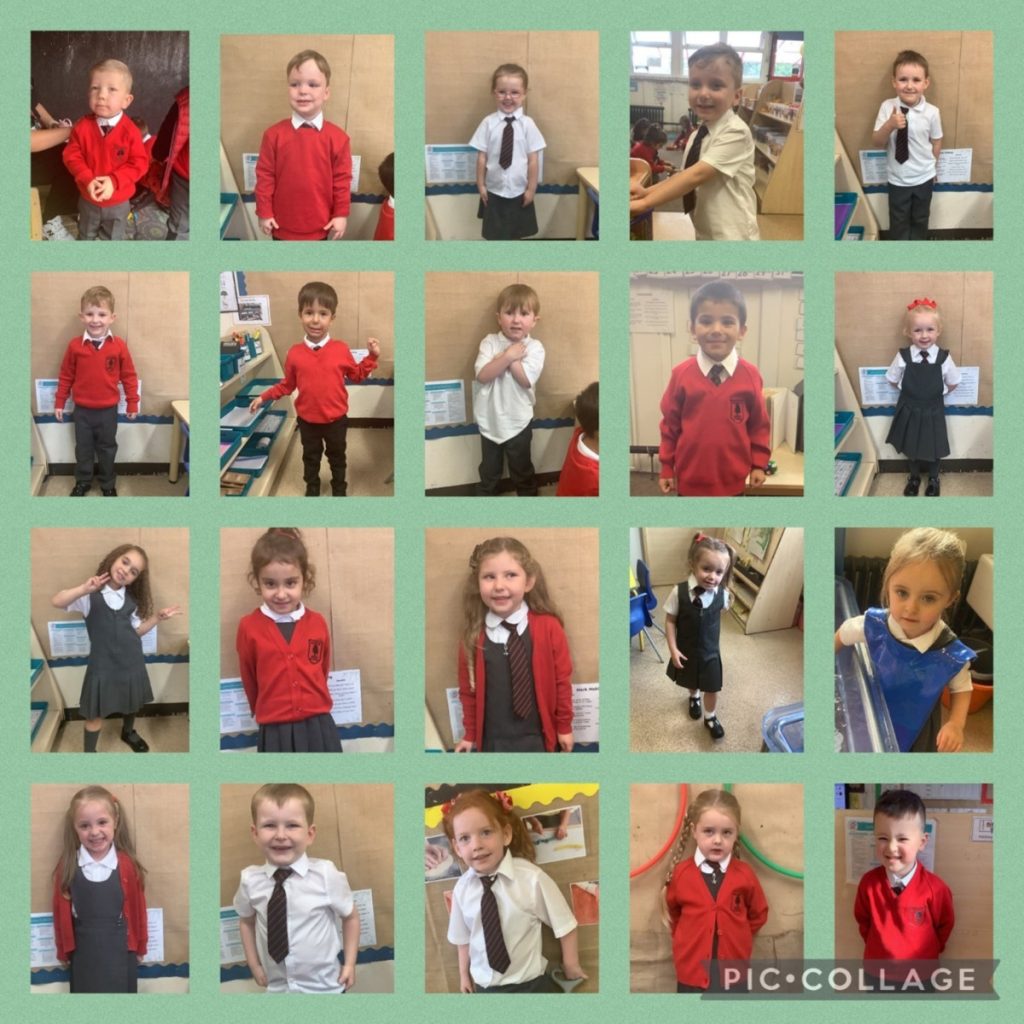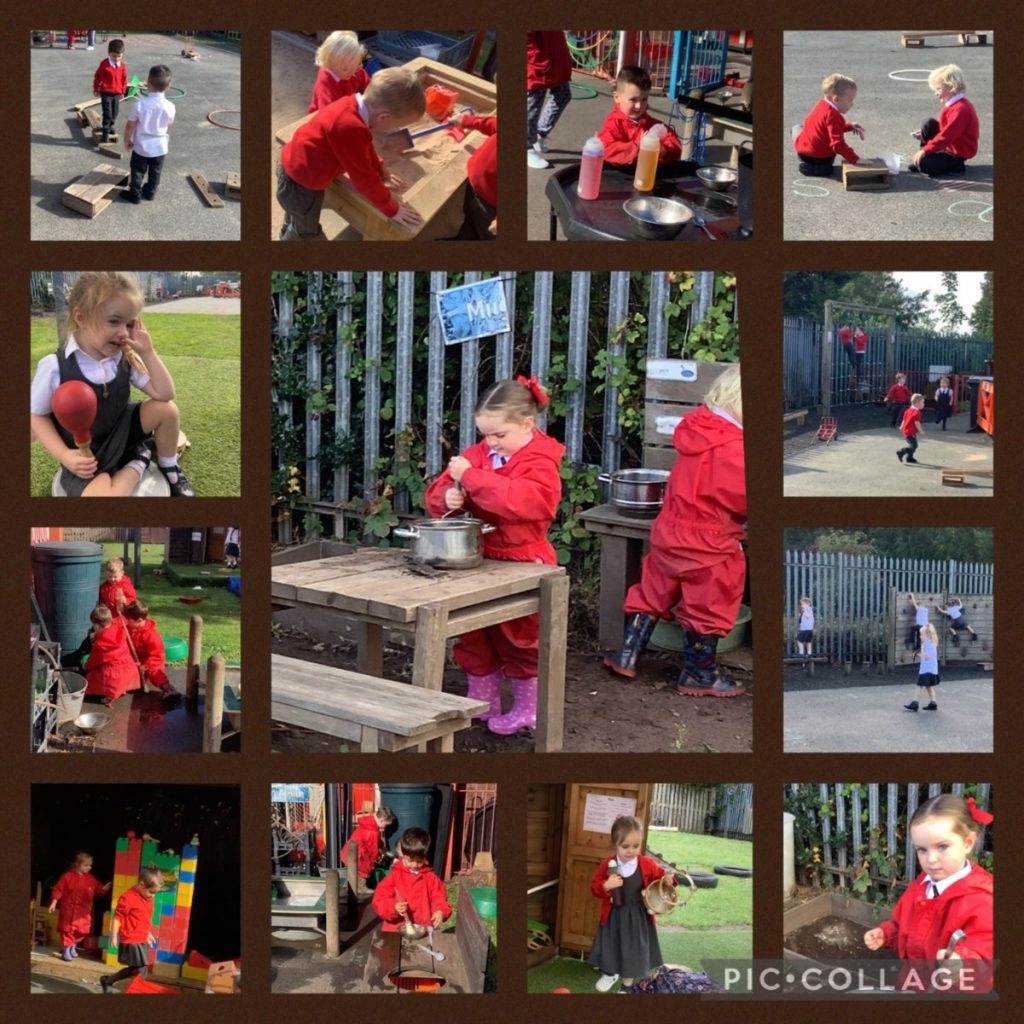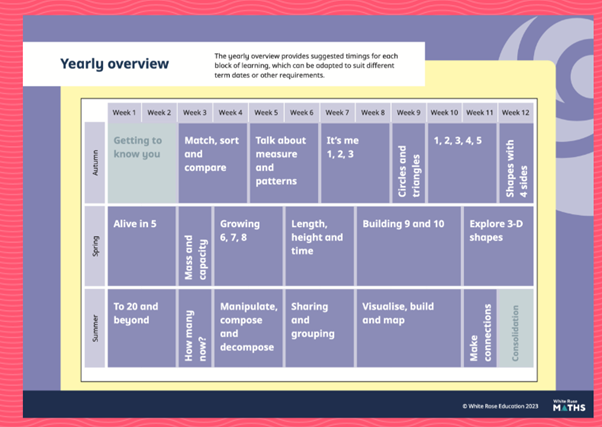A typical day in Reception Elm.
We begin our day with self-registration and a wake up shake up dance.
Your child will then do a phonics session. We use Read Write Inc which links reading, sounds and blending. Below is a link to some useful information and videos that model how we teach children to read and write at Millbrook.
Read Write Inc parent information
Read Write Inc Handwriting phrases
Children who are not ready for phonics will follow the core words programme from sensory classroom. This supports children to develop their communication skills before beginning phonics teaching.
Children have a snack and we then begin continuous provision where they have access to both indoor and outdoor play. During this time we provide practical activities to extend learning, support development and spark the children’s imagination.
The indoor and outdoor classroom is divided into areas ie construction, water, mud kitchen, small world, reading, domestic role play, writing area, malleable area, mathematics and creative. Each of these areas have resources that are there permanently, we also enhance the areas with resources to cover specific themes. The majority of our day is spent in continuous provision as children in early years learn best through play.
We have a maths session before lunch with lots of practical opportunities. We use White Rose scheme to support our planning and ensure progression.
Below is a link to some parent information on our maths scheme.
White Rose Maths Parent information
In the afternoon children come back to class and complete a “funky fingers” activity. As with all areas of development, each child will develop the skills needed to hold a pencil at different times, however they will work through a number of stages. This includes strengthening their hand, shoulder and arm muscles, and mobility. Below is a guide to the different pencil grip stages. Funky fingers activities support your child to strengthen their gross motor skills and fine motor skills.
After Funky fingers we use the afternoon to explore the wider curriculum. We deliver Ready steady write, Charanga music, Tales toolkit and Jigsaw PHSE in short adult led sessions to support children’s learning. We then offer extended activities during continuous provision.
Ways to help your child at home:
- Speak positively about school and encourage children to have a positive attitude to learning.
- Reading stories to your child, creating your own story using yours and your child’s imagination.
- Speaking to your child about interesting things to extend their vocabulary.
- Sing nursery rhymes
- Promote independence within your daily routine eg. Dressing themselves, putting on coat and fastening it up, cutting own food and using the toilet independently
- Notice numbers and shapes in the environment. Practice counting to 20 and beyond.
- Practice the sounds we have taught in school, share reading books when children bring them home.
- Encourage writing when you can. Example shopping lists, writing birthday cards, writing CVC words like c-a-t.
- Engage with class dojo, talk about what your child has been doing in school. Share any achievements or special days through dojo.







